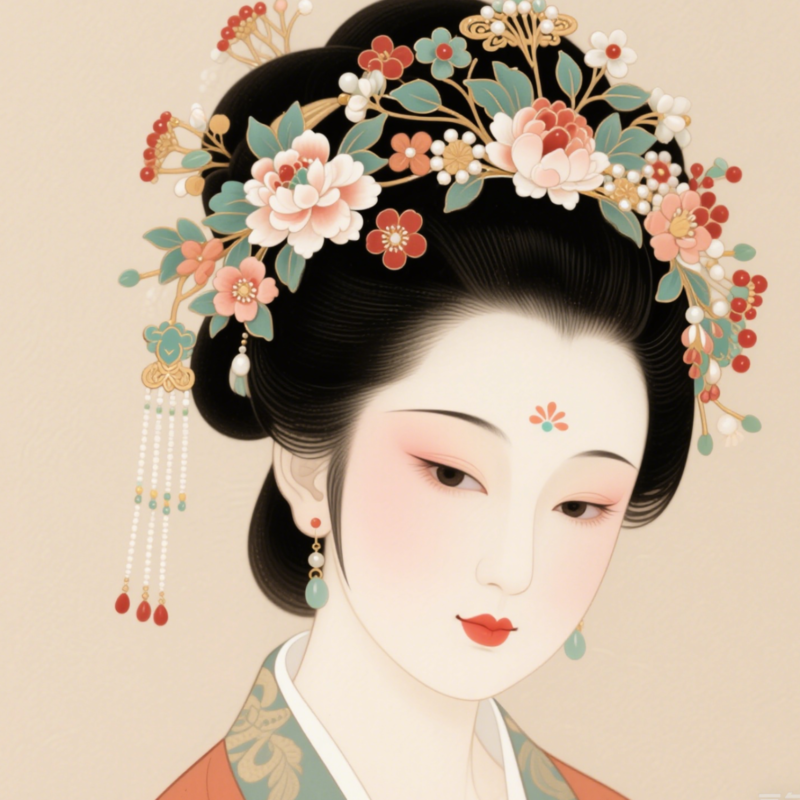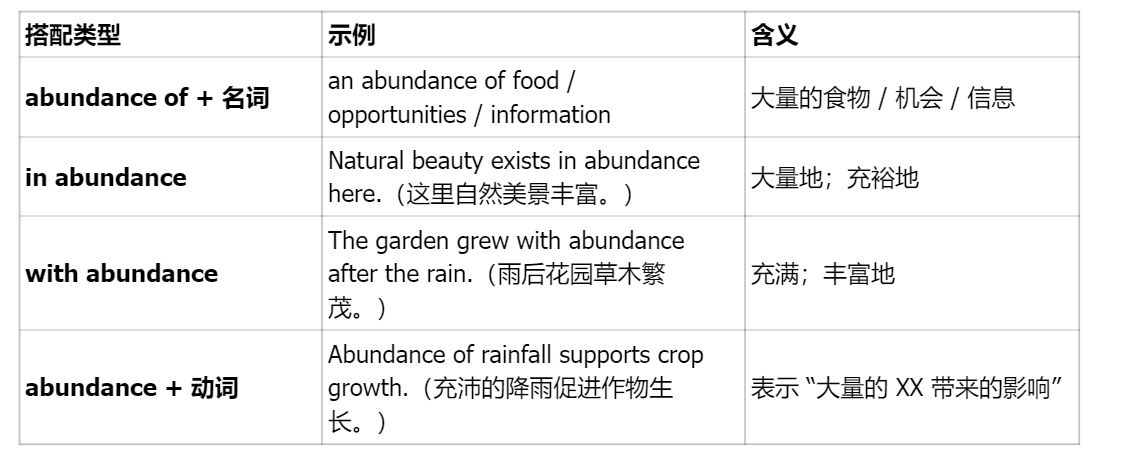

本期文本
今日小暑,这是一年中的第11个节气。
Today marks Minor Heat, the 11th solar term of the year.
随着小暑的到来, 盛夏开始了。
With the arrival of Minor Heat, the height of summer begins.
从今天起, 我们进入季夏, 热浪也真正开始了。
From this day, we enter late summer, and the heatwaves truly unfold.
热风吹拂, 蝉鸣不止。
Warm winds blow, cicadas hum restlessly.
万物都感受到了盛夏的力量。
Everything begins to feel the full force of summer.
在南方,雷雨频繁的季节到来了,而北方则迎来了头伏。
In the south, the season of frequent thunderstorms arrives, while the north welcomes the first "dog days".
湿热交替,滋养着庄稼,预示着一个丰收的季节。
The alternating heat and rain nurture the crops, signaling a season of abundance.
在南方,小暑有“食新”的传统, 品尝新米和新酒,祈愿丰收。
In the south, there's a tradition of "eating new" during Minor Heat – tasting fresh rice and new wine, and wishing for a good harvest.
而在北方,人们吃饺子迎接头伏, 既解暑又象征着福气。
While in the north, people eat dumplings to welcome the “dog days”, both refreshing and symbolizing good fortune.
Key words
-unfold
1、动词(vt./vi.):展开,打开
指将折叠、卷曲的物体伸展或摊开。
例:She unfolded the map and pointed to the destination.(她展开地图,指向目的地。)
2、动词(vi.):(事件、故事等)发展,呈现
表示过程逐步推进或真相逐渐显露,常用于抽象语境。
例:The mystery unfolded as more clues were discovered.(随着更多线索被发现,谜团逐渐解开。)
3、动词(vi.):(形势、局面等)演变,发展
描述动态变化或自然进展,强调过程的连续性。
例:The crisis began to unfold when the first reports emerged.(首批报道出现时,危机开始显现。)
4、短语与习语
- unfold before sb.:在某人面前展开
The landscape unfolded before us as we climbed the mountain.(我们登山时,风景在眼前铺展开来。) - unfold one's arms:张开双臂(表示拥抱或欢迎)
She unfolded her arms and embraced her long-lost friend.(她张开双臂,拥抱久别的朋友。)
-alternate
1、形容词(adj.):交替的;轮流的
指事物以规律的间隔交替出现或轮流发生。
例:They work on alternate days.(他们隔日工作。)
2、动词(v.):交替;轮流
表示两者或多者按顺序交替发生或执行。
例:Day and night alternate regularly.(昼夜有规律地交替。)
3、名词(n.):替代者;候补者
指代替他人或他物的人或事物,相当于 “alternative”。
例:She served as an alternate on the jury.(她担任陪审团候补成员。)
-nurture
1、动词(v.):养育;培育;滋养
指通过悉心照料、教育或支持,帮助人或事物成长、发展。
例:Parents nurture their children with love and patience.(父母用爱与耐心养育孩子。)
The garden is nurtured by regular watering and fertilizing.(花园通过定期浇水施肥得以培育。)
2、动词(v.):培养(感情、技能等);促进
强调主动创造条件以发展抽象事物(如关系、才能等)。
例:Schools should nurture students' creativity.(学校应培养学生的创造力。)
3、名词(n.):养育;培育;滋养
指养育的行为或过程,与 “nature(天性)” 相对(常用于 “nature vs. nurture” 讨论)。
例:The debate focuses on whether behavior is due to nature or nurture.(该争论聚焦于行为源于天性还是养育。)
-abundance
名词(n.):丰富;充裕;大量
- 指某事物的数量极多或供应充足,强调 “超过需求” 的状态。
- 例:The region is known for its abundance of natural resources.(该地区以丰富的自然资源闻名。)
常见搭配与用法

/
这里是英语话中国栏目,用英语讲述中国故事
在了解中国文化的同时提高自己的英语水平
我是热爱传统文化的Caroline,欢迎大家关注
空空如也
暂无小宇宙热门评论

